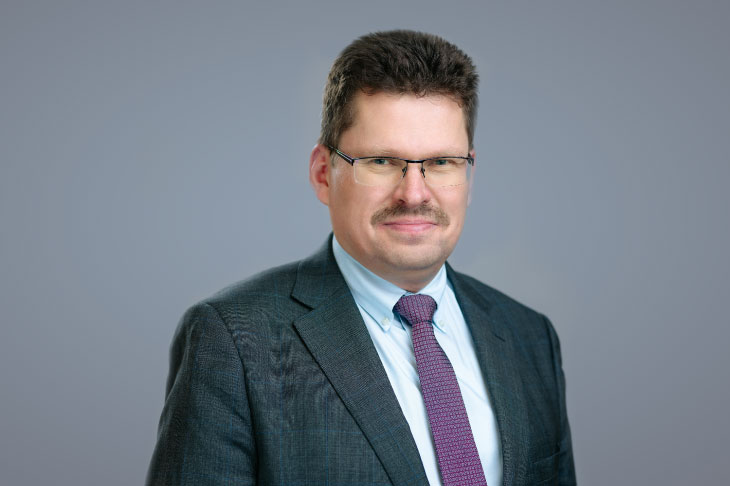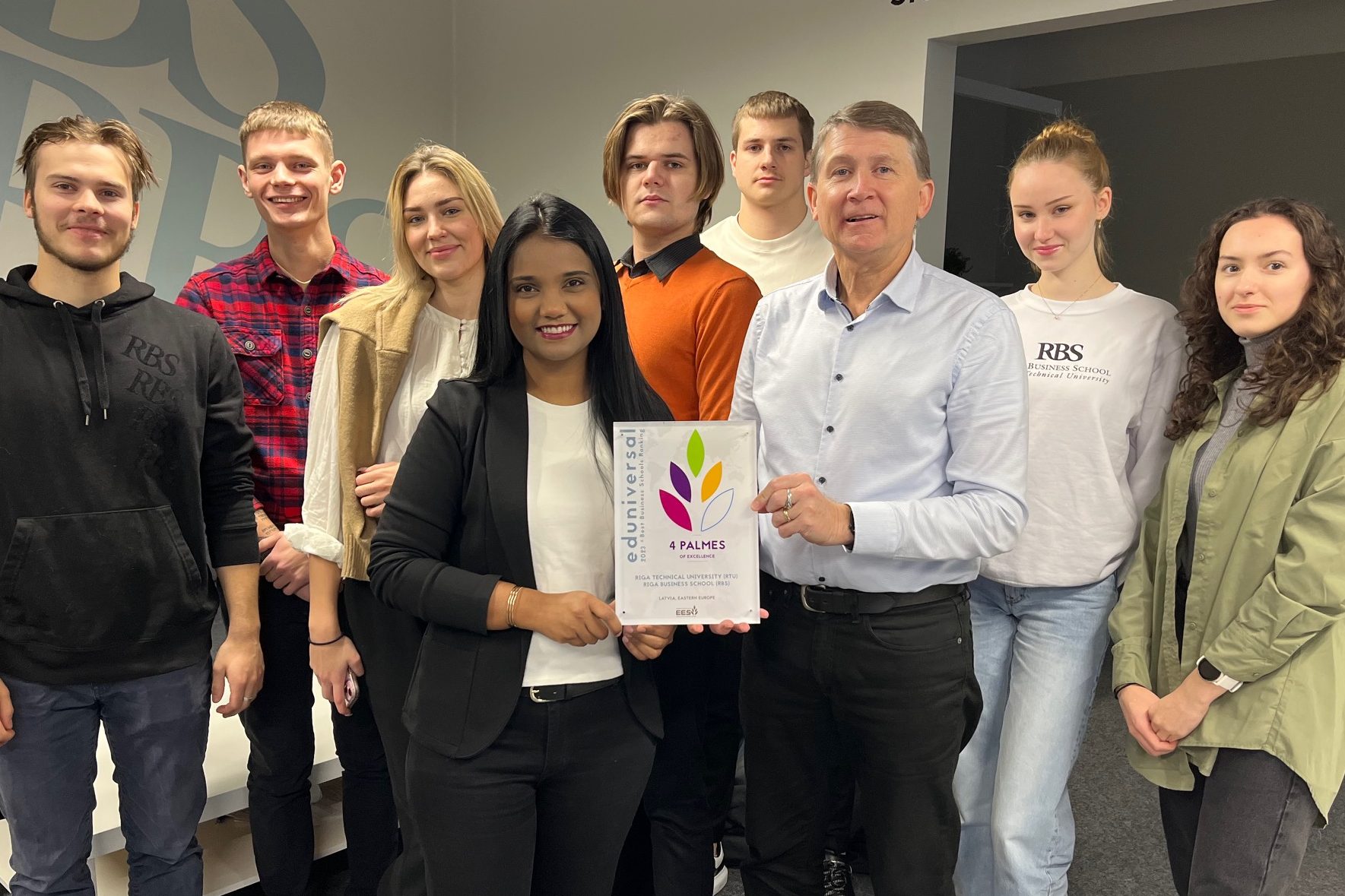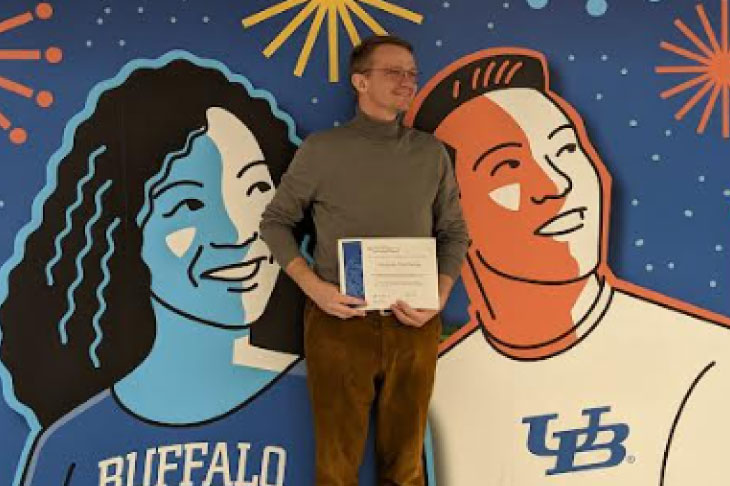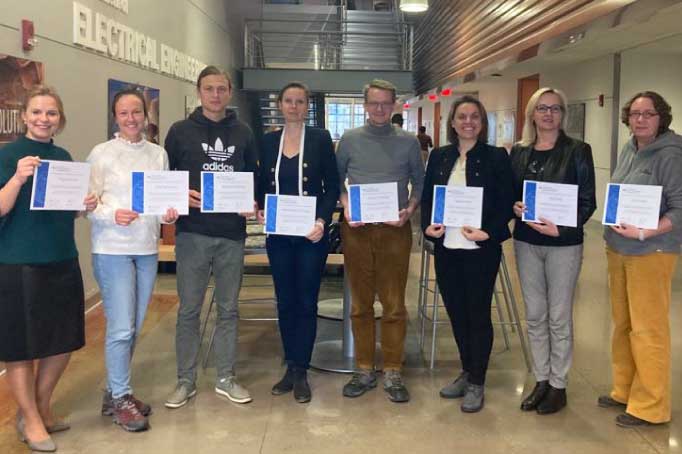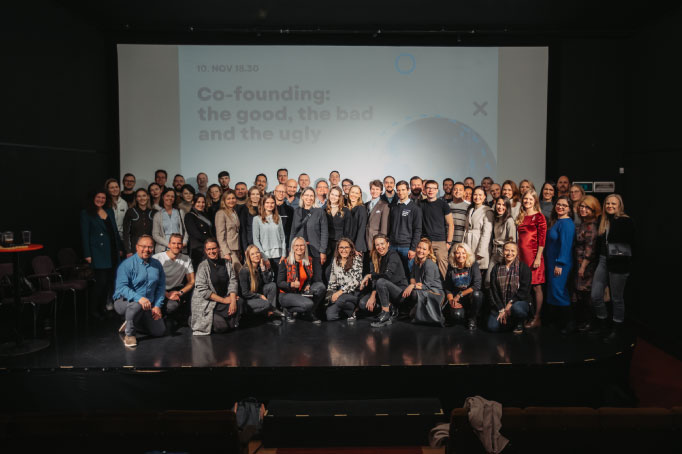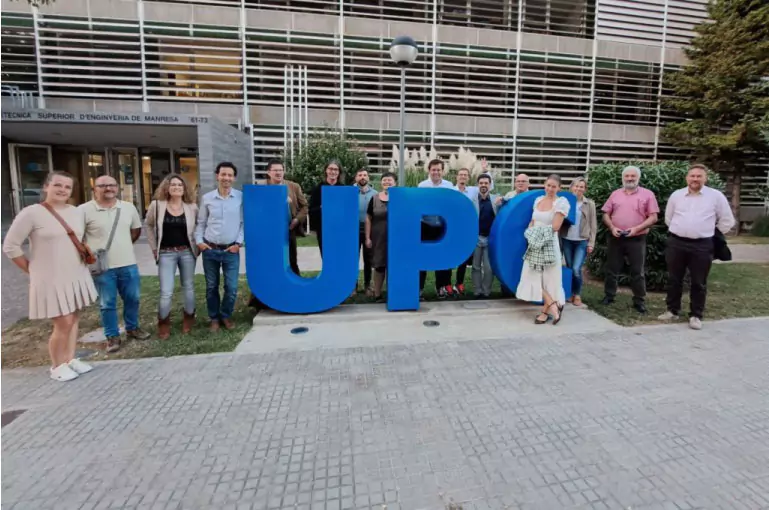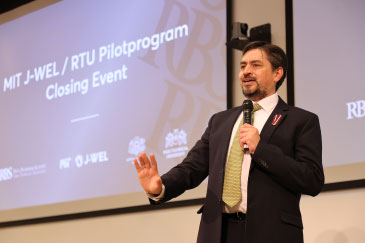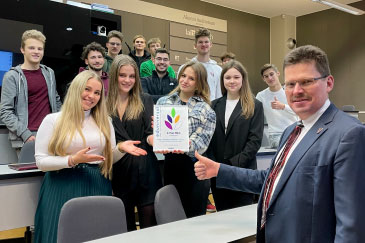2022 was a very dynamic year for higher education in Latvia – the establishment of the university Councils to improve management, and the creation of the unified center of services to ensure more efficient accessibility of global technology services for Latvian universities and scientific institutions. Around the world, we step out of the Covid19 pandemic equipped with many innovations in the study process which were promoted by the “forced” use of technologies.
Currently, geopolitical events very clearly highlight the significance of educating society and the need of all members of the society to ensure state development and well-being of people. The challenge for Latvia is to harmonize the above-mentioned administration reforms with the technological development of education and public needs in order to provide the most relevant educational offer to optimize growth of each member of society both at the school/university and continuing education level.
In order to implement this concept as successfully as possible, in 2023 additionally to the initiated changes in the field of education, we must consider three aspects demanding coordinated action of the family of education.
From discrimination through grades to inclusion through knowledge
If once there was a dominant idea that a few geniuses are enough to support the progress of society, then today, in my opinion, it is not enough. In order for the state to follow the rapid progress of the century, it needs knowledgeable people in all spheres of life – politics and business administration, as well as manufacturing and provision of services.
If in the last century, literacy was the benchmark of public learning achievements, then today both the amount of knowledge and learning potential is important. Therefore, grades should not be used as the determining factor of the future career but also as an indicator of what knowledge has been acquired and what still needs to be mastered. Regardless of the “gifting” of the grades, we can assume that the entire amount of the grades received by pupils and students characterize the total amount of knowledge “gained” by young people. Poor results should not be perceived as a problem per se, but rather as an indicator of insufficient knowledge leading to poor results. Undeniable logic – if a person knows the subject then unless there are other fundamental obstacles and it can be shown in tests, then the problem with grades is the consequence, not the cause. If we look at the results of the centralized exams, we currently see that there are few clever young people and a number of young people with low grades. The resulting low average grades, especially in STEM subjects, are not adequate for having a developed and inclusive society. My goal is to reach the point when the focus of the school is entirely on how to provide knowledge, not on the grades. I will repeat myself – if there is knowledge, there will also be grades.
What will be the main driving force for the development of the learning potential? These are modern methods and approaches of pedagogy catalyzed by technologies. Today technologies help us to assess knowledge, assist in identifying shortcomings, and help to acquire knowledge. These are shown by test grades in the e-class or university study portal, allowing analyzing and applying pedagogical corrections in real time. Theoretically, this allows student to apply the most efficient learning pace and detai without compromising how much they learn. I’d like to see everyone in education to boost this internal change of perception and use these possibilities to promote the introduction of these technologies in schools and universities.
Turning the online learning possibilities into a real learning process
Educational innovations and changing philosophies of the industry that took place during the Covid19 period currently provide financially acceptable access to versatile global content to everyone. Large universities of the world have created huge libraries of study courses. Every day almost 20 million people use the contents of EdX and Coursera (the two largest distant learning platforms in the world). Here are a few facts from the Research.com regarding online studies:
- The global e-learning market has already experienced huge annual global growth even prior to the pandemic. We can anticipate that by 2026 it will reach 336.98 billion US dollars with an annual growth of 9.1% from 2018 to 2026 (Syngene Research, 2019).
- According to a joint report of the Boston Consulting Group and Arizona State University (2018), the total enrollment of bachelor students has decreased from 1% to 2% each year, while the number of students attending online courses increases by 5% annually.
- Also, several Ivy League universities (eight best private research universities marked with their academic excellence in the North-eastern United States) have already adopted online studies, though cautiously and combining them with full-time studies to a large extent.
Several studies indicate that it is not enough to have access to online content. Here are some facts for consideration:
- Columbia University`s Teachers College study for 2018 about edX and Coursera courses (the two largest online study platforms with several tens of million users) demonstrate that only around 15% complete MOOC certificates programs.
- The situation has basically remained the same. A recent study by the Massachusetts Institute of Technology in 2019 demonstrates that an astronomically high average drop-out rate of around 96% has been registered in online courses within the last five year period. This high untimely education interruption rate has not improved in the more than six year period.
These facts indicate the challenge between the availability of knowledge and public learning. I challenge myself and other leaders in the field of education to think on a daily basis about how to use the educational content available online and the in-person pedagogical methods (inspiration of the university faculty members and other students, passionate discussions, joint projects, and other forms) to the utmost extent to intensify and expand how much we learn together. It is precisely, for this reason, that Riga Business School as a structural unit of RTU with the support of the Ministry of Education and Science agreed with Harvard University on the possibility of localizing the contents of the CS50x course (one of the most popular computer science subjects in the world) in Latvia, train teachers to apply it in secondary schools and offer to students together with university faculty members of the RTU Faculty of Computer Science and Information Technology.
Micro-certification as the driving force
Education technologies developed in recent years have not only promoted the availability of global academic content but also provides international testimony of learning on the “micro” or one-course level.
Innovation of processes and products, the rapid development of technologies, and the constant instability of the global economy make it necessary to constantly upgrade one’s knowledge. Certifications on the one-course level provide the possibility for everyone to stand out – both the person who graduated more than 10 years ago and the student who wants to add to what they learn at school. In recent years, micro-certifications are becoming a self-evident proof of knowledge in the best universities of the world, documents regulating international accreditation and European Union guidelines. Let’s imagine that the master’s degree is comprised of the courses we have selected ourselves from the globally available offer chosen in the frame of the previously defined topics. The student himself or herself determines the choice of the courses to be studied and the pace of learning.
In order to promote lifelong learning in Latvia, the inclusion of these micro-certifications in the evaluation of academic achievements should be made much simpler. It is an opportunity to offer the competitive content of the Latvian universities to the global educational eco-system, thus widening the choice provided to students and the visibility of the Latvian universities.
There is still much to be done in the field of education, but these three directions have the utmost importance in helping us not to get lost in priorities. Therefore:
- From discrimination through grades to inclusion through knowledge
- Turning the online learning possibilities into a real learning process
- Micro-certification as the driving force
